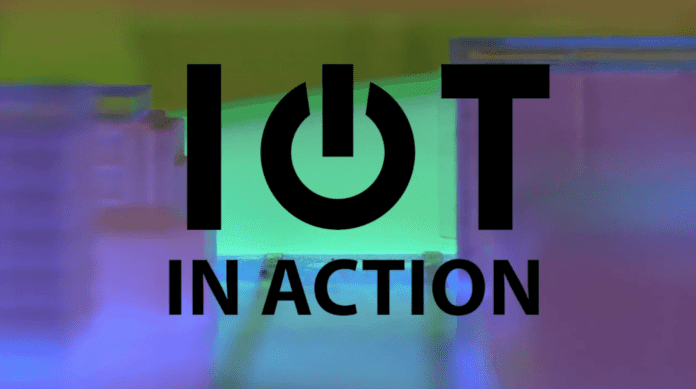Washington-state tech giant Microsoft will set up house in Houston, Texas, as part of a long-term effort with the city authority to drive grass-roots innovation, stimulate the local economy, and develop new smart city solutions.
Houston said it was the first US city to be named by Microsoft as an urban “space” for its “internet of things approach” to technology. “On a long-term basis, Microsoft will up Houston’s technology game, starting at the grassroots,” said Houston city Mayor Sylvester Turner said.
Details were vague, but the deal seeks to put focus on skills, among both those in full and part-time education, and those in full-time employment.
It will see Microsoft establish science, technology, engineering and mathematics (STEM) education and development initiatives in the city, provide educational materials to academic institutions, stimulate interest in STEM careers among high school girls, and adopt one or more of the city’s middle schools or high schools as tech laboratories.
Microsoft will also provide free software and support to start-up businesses, and actively pursue technological smart city solutions to urban challenges in the city. Microsoft will also provide a digital platform for volunteers helping with the long-term recovery efforts associated with Hurricane Harvey.
“Microsoft chose us because of the ambitious goal for Houston to grow technology innovation as its next economic frontier – after doing the same thing with energy, medicine, space exploration and the port,” said Turner.
Cameron Carr, director of internet of things strategy and scale solutions at Microsoft, quoted in the Houston Chronicle, said Microsoft’s approach to cities was sympathetic to their individual needs. “Each city has its own fingerprint, and so we don’t take a prescriptive approach and say, ‘This is what a smart city is.’ Every single city has a different approach that they want to take,” he said.
Carr said little more about the types of solutions Microsoft would develop with government agencies and technology firms in Houston, but suggested they might use IoT based technologies to tackle traffic congestion, and unmanned aerial vehicles (drones) to assess help, damage and high waters, in the event of hurricanes and natural disasters.
Turner said Houston had developed as a technology centre, pointing to the local government’s move last year to combine three separate start-up incubation groups into a one-stop innovation team, Houston Exponential, and its announcement last month the Sears Building in Midtown will serve as an innovation hub, run by Rice University.
Last week, the Texas Medical Center announced it will create the TMC3 campus, where large medical and educational institutions will combine to create “the world’s finest bio-med research centre”.
Turner commented: “Houston is rapidly developing the technology innovation field as its next big industry. Now you know what I meant when I said in my annual State of the City speech this week that we didn’t get Amazon as a possible location for its second headquarters so we will make our own.”

